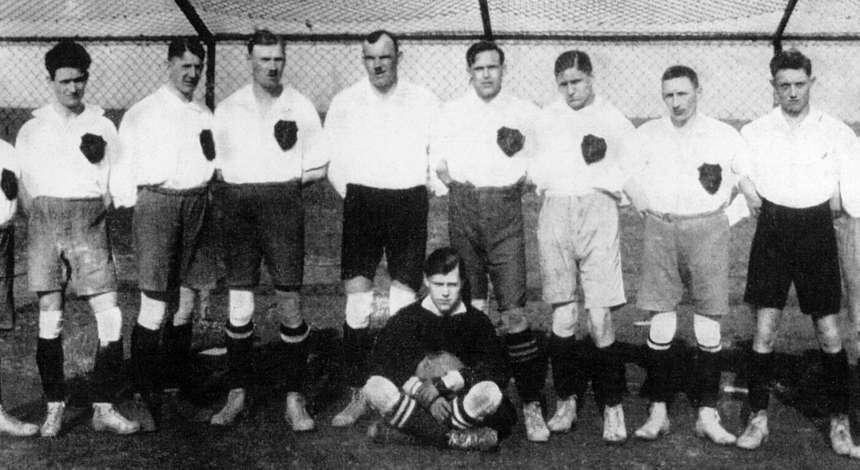
That was on the site of today's Neuland park. The players of the two teams changed in the dressing rooms of the recreation centre and they then walked to the football pitch. Entrance costed 50 pfennigs for adults and 30 pfennigs for schoolchildren and anybody who didn't have anything else to do could watch the third team game at two o’clock. Warming up on the pitch was unthinkable for the first team of TuS 04 and their opponents the Rasensportverein Urbach, a small village near Cologne. A week after the match, the General-Anzeiger reported on the game:
"Last Sunday the above team was on the sportsground an der Dhünn for the championship match. At the stroke of four o'clock the two teams lined up for the referee. Leverkusen with a new line-up first played against the wind. The Black and Reds were encamped on the opposition goal. The goalkeeper and the defenders had to work hard but the ball was again and again brought out of the danger zone near the goal with great skill. Urbach gradually found their feet. But the forceful attacks broke down on the good Leverkusen defence with Bartsch today performing outstandingly. There was no score at half-time.
After half-time the Black and Reds took full control but still failed to score. Then – with 26 minutes to play – Bönnen received a good pass but was fouled. The ensuing penalty is converted. Urbach now try to equalise with all their might. The outside left again and again pulls the attack forward. With ten minutes to go Koll handles the ball in a melee. Penalty.
The spectators are highly excited. The heavy rain does not drive them away from the pitch. But the penalty is hit over the bar. "A new penalty!" says the referee as somebody has entered the penalty area too early. The excitement in the crowd grows even more. The shot comes but Nagelschmidt saves to huge applause. Shortly after that the referee ends the game. It was a battle where the better team won."
The players mentioned by the reporter Richard Bartsch, Josef Bönnen and goalkeeper Peter Nagelschmidt are the backbone of the Werkself after the First World War. Richard Bartsch was the captain of the football players at TuS 04 for many years, was a successful goalscorer and playmaker and more physical than his opponents. Due to his size he was considered to be a football giant in our region.
Related News
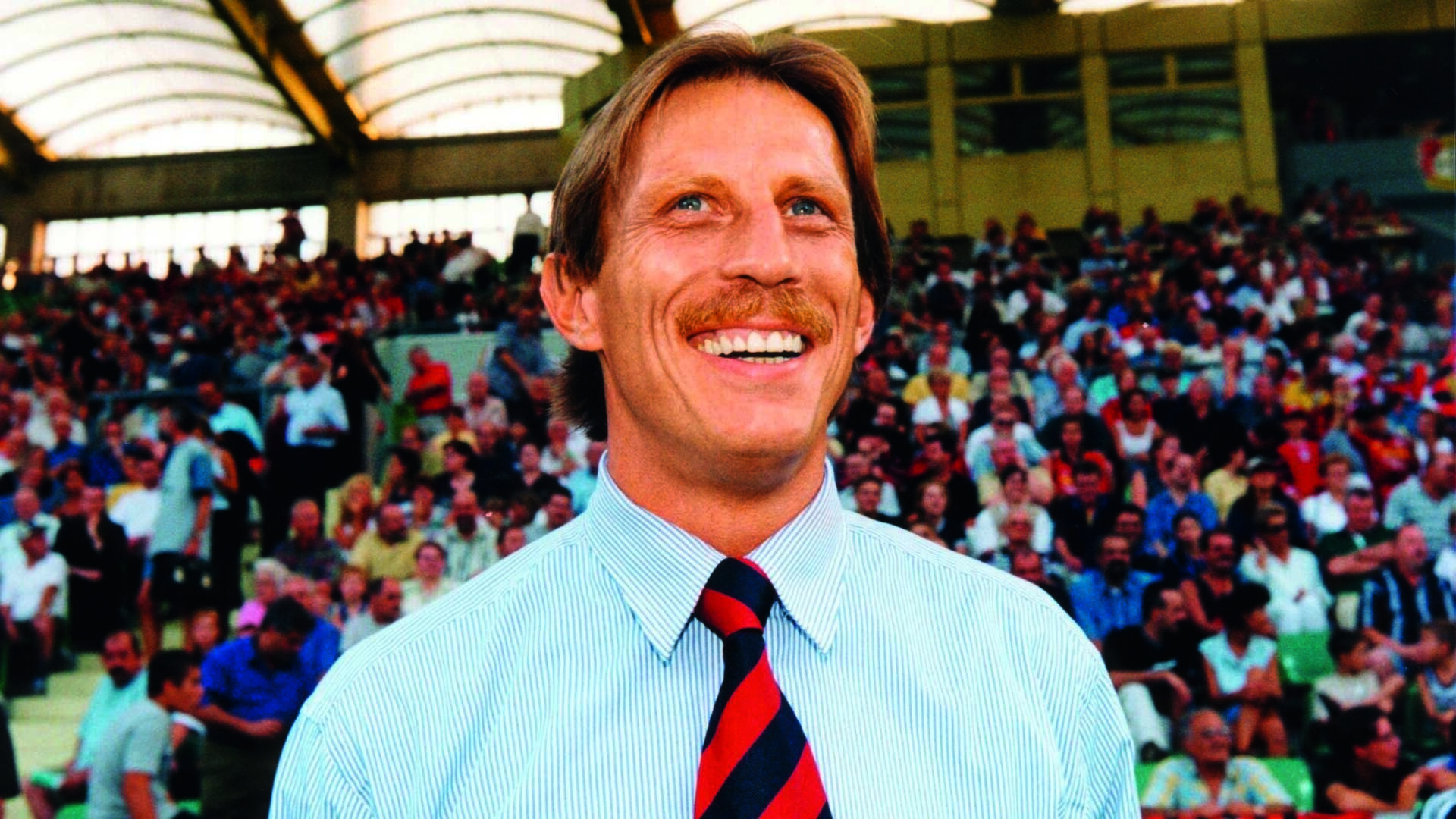
Legend: Christoph Daum - The man who taught us to want
Christoph Daum was born on 24 October 1953 in Zwickau. As a child, he moved to West Germany with his mother and grew up in Duisburg. He developed a great enthusiasm for football at an early age, even though it soon became clear that his future lay less on the pitch than on the sidelines. Even at a young age, his passion for analysing, explaining and improving things became apparent.
Show more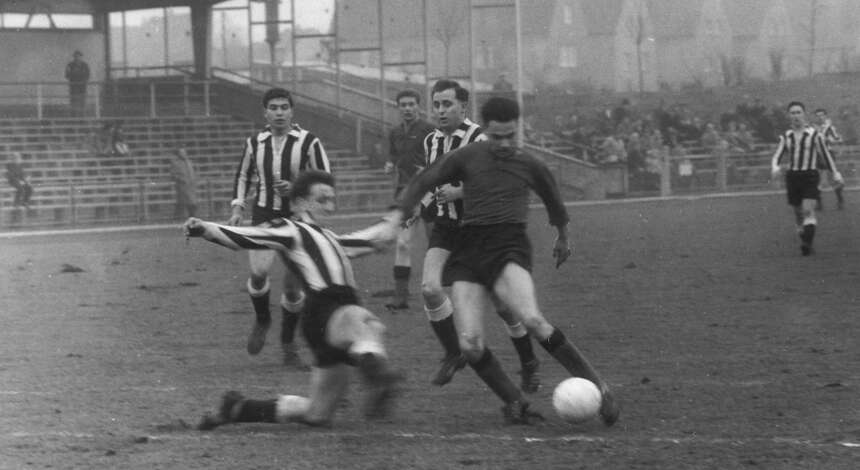
From the archives: 65 years ago - Another victory at last
When the Bayer 04 players celebrated Christmas in 1960, they spent the winter in second place in the Oberliga West 2 on 20 points - but already five points behind leaders Schwarz-Weiß Essen. However, coach Erich Garske's team are struggling to get back on track in the new year. A goalless draw against Bonner FV at home at the Ulrich Haberland Stadium was followed by a 2-1 away defeat in Erkenschwick. The following home game also yielded just one point. As a result, the team's promotion ambitions dwindled to a minimum, as the gap to the coveted spot has now grown to a challenging ten points.
Show more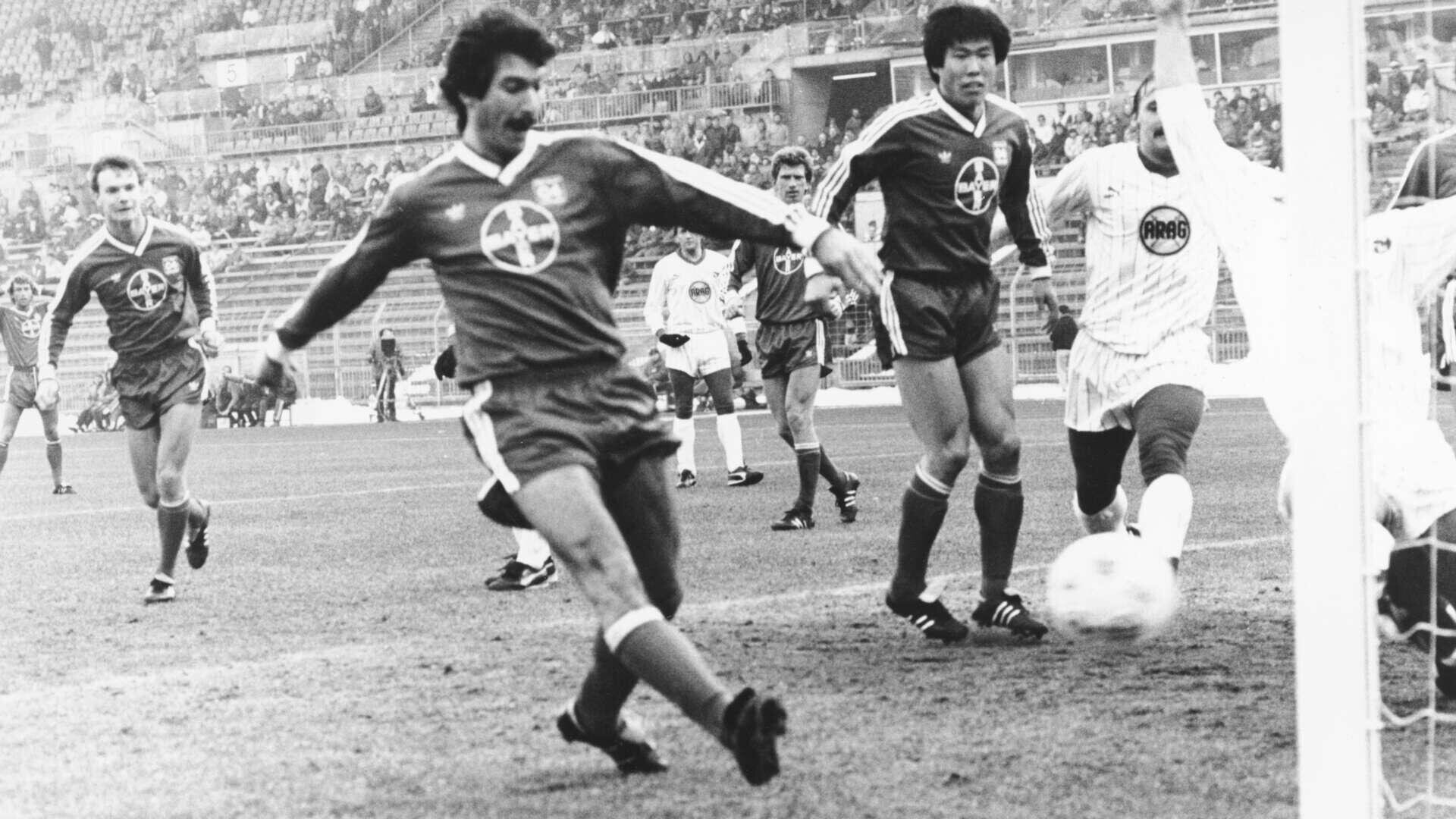
Goals of the month: From Waas to Tapsoba
In this video you can see impressive and important goals in Bayer 04 history from the month of February. It's not always about the beauty of the goals, but also a reminder of special games and players.
Show more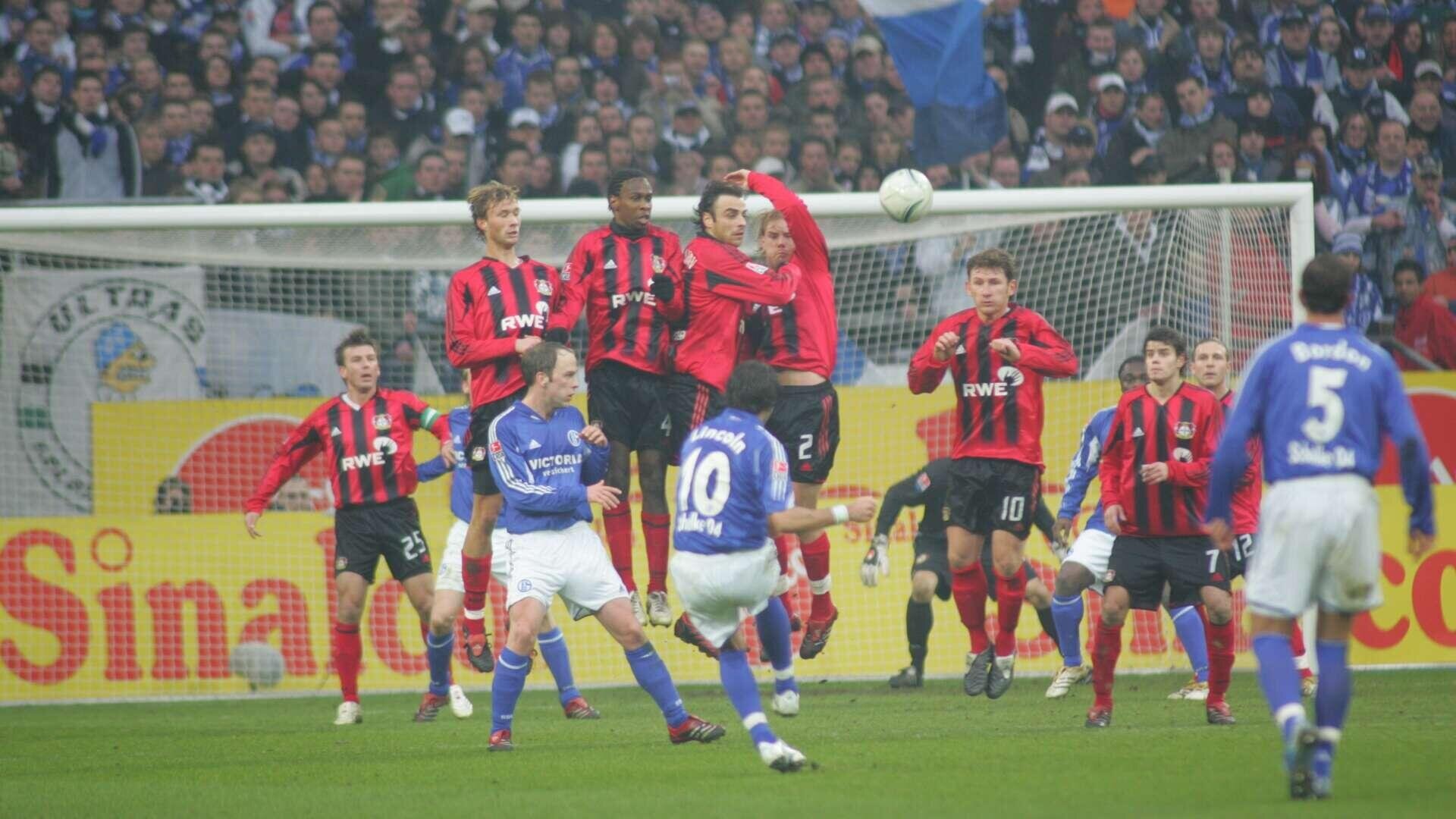
Match of the month: 20 years ago - A game of goals galore
It is 11 February 2006 and Schalke 04 and the Werkself kick off at 3.30 p.m. in a match that ends up being historic - at least from a Bayer 04 perspective.
Show more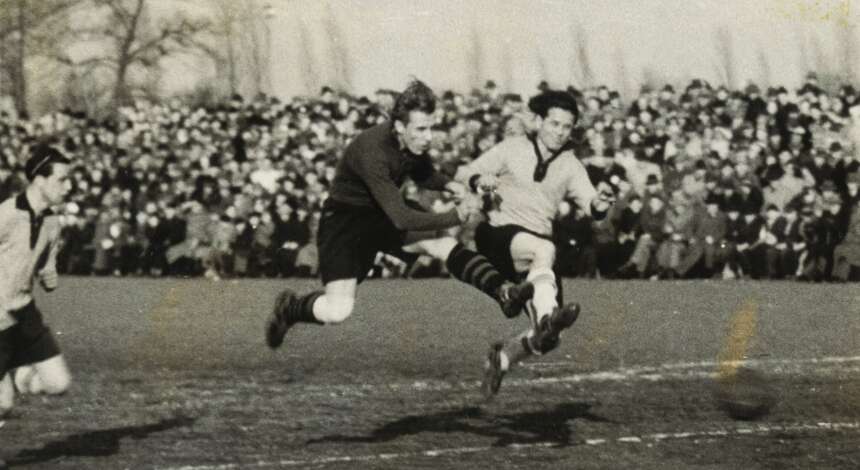
History: 75 years ago - The 1950/51 season (February)
As league leaders, the Werkself welcomed the relegation-threatened team from Rhenania Würselen. On 4 February 1951, 5,000 spectators line the touchlines despite the Sunday carnival parades. And they see a home team that is superior on the pitch. Without Theo Kirchberg, who was ill, and Emil Becks, who was suspended, the hosts attacked the opposing goal from the start. Battling against a strong wind in the first half, Bayer 04 created chance after chance, but were repeatedly thwarted by the Würselen goalkeeper. With the score at 0-0 at half-time, Karl Heinz Spikofski tried his luck on 55 minutes and hammered the ball into the opposition net from 20 metres out. Rhenania can no longer counterattack. The siege of the Würselen penalty area continued right to the end, but the game ended in a narrow 1-0 win.
Show more